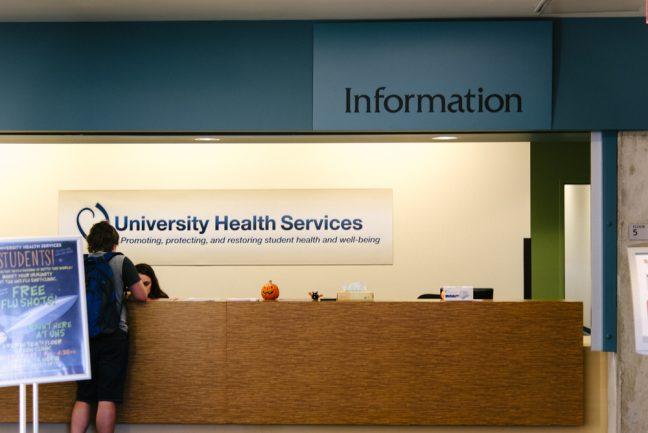Over the course of the pandemic, mental health awareness increased sharply. Depression, anxiety and ADHD diagnoses increased, resulting in an increase in treatment requirements such as therapy and medication.
ADHD, in particular, was the most common telehealth appointment during the COVID-19 pandemic. ADHD is incredibly common, with about 5% of children and 3% of adults worldwide diagnosed with the disorder.
Recently, a nationwide shortage in most ADHD medication has emerged as a result of the growth of diagnoses and Wisconsin hospitals are starting to feel the effects. Patients who tend to get their prescription filled in one to two weeks are experiencing lags of three to four weeks between filling their prescription and picking it up, meaning that most run out of their medication before receiving their next dosage.
For ADHD patients, medication is the most common and effective treatment for ADHD among most individuals. In particular, ADHD stimulant medications like Adderall and Focalin are 70-80% effective among children with ADHD.
Law enforcement must take a backseat in Wisconsin’s response to opioid crisis
This shortage is affecting Wisconsin residents in many ways, with many forced to stretch their medication. Adults and children alike have had to switch the strength of their medications, cutting pills in half or taking two lower doses. Essentially, individuals with ADHD are undermedicated as a result of the medication shortage.
ADHD makes it difficult for individuals to focus, control their emotions, stay on task and manage their time. An ADHD diagnosis is a disorder that presents itself primarily in children as the symptoms are incredibly clear in most school settings.
But, ADHD symptoms affect just about every area of a person’s life. The social world is particularly affected by ADHD. Those who struggle with the disorder have difficulty picking up social cues, especially knowing when to speak and when to stay silent, listen and share. In social situations, people with ADHD might become overwhelmed, bored or upset and will readily address those issues with peers.
This shortage affects Wisconsin students in particular. One in nine college students in the U.S. has an ADHD diagnosis. College requires immense concentration and effort — a lack of medication means many university students will struggle with attending classes and time management.
Additionally, the social issues associated with ADHD make it a struggle for students to work on group projects with peers or to handle the immense emotional pressure that attending college can entail.
Universal changing tables in Dane County addresses issues of gender inequality
Though there are alternative treatments for ADHD such as behavioral and psychological therapies, medication remains the most effective and most common treatment and is relied upon by the better part of those diagnosed with the disorder. Understanding the impacts of the ADHD medication shortage, Wisconsin should make other forms of treatment like therapies more accessible, particularly at schools.
Though students at the K-12 levels of education are able to attain accommodations for ADHD through 504 or IEP plans, teachers and parents alike should be provided with even more accommodations during the shortage. In-school therapy options could easily be expanded to mitigate the impacts of this lack of medication. Furthermore, students with ADHD should be allowed extra opportunities to calm down and transition between subjects.
Wisconsin universities could make similar opportunities available for students. Specialized therapies for ADHD should be heavily promoted by University Health Services during the shortage to make students aware of the accommodations provided by the university. These colleges should also inform professors of the shortage and encourage them to be more lenient or offer extra opportunities to students who may need them.
Ultimately, though the primary goal should be to provide more medication for individuals with ADHD during this shortage, the state of Wisconsin should focus on improving accessibility to therapy treatments in both K-12 schools and universities for their students.
Emily Otten ([email protected]) is a junior majoring in journalism.




















